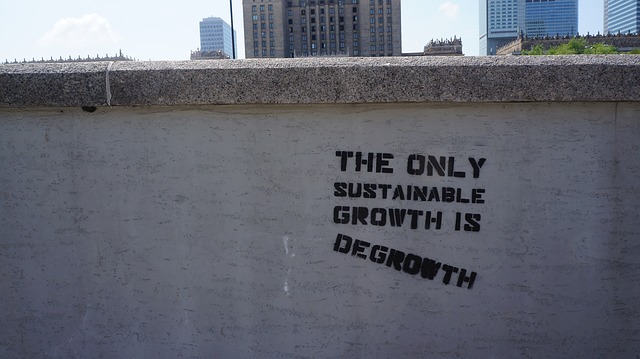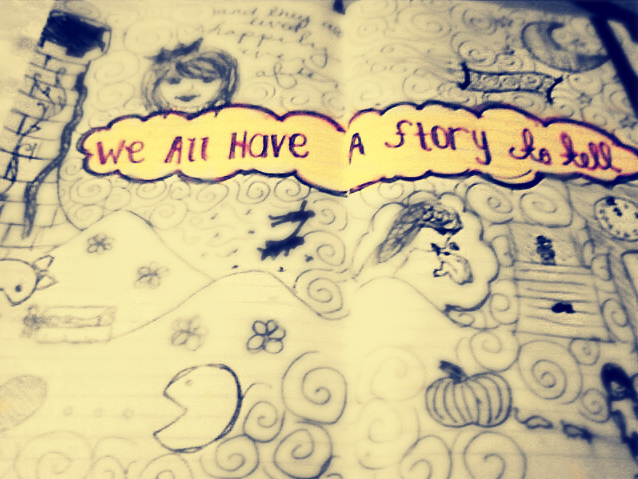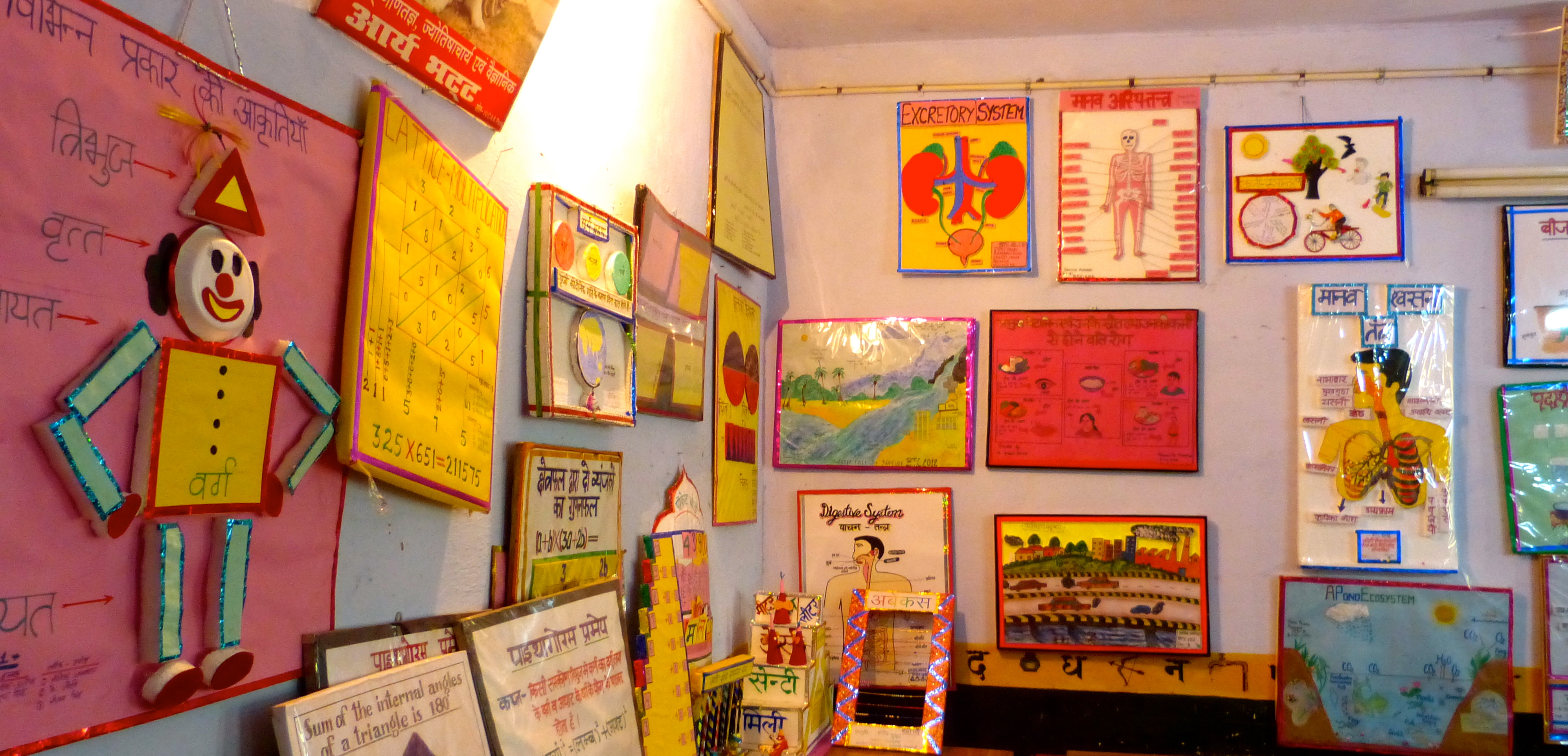Doug‘s talk was divided into three sections.
Experience / Ambiguity
We don’t want things to be completely unambiguous because they are likely to become cliches. As Rorty (1989) claims, metaphors die off into literalness. ‘Things can be more or less ambiguous’: Aristotle claimed that the reason that things are ambiguous is that we have to try to shoehorn the totality of human experience into the limits of language. But ambiguity can be a good thing when it is generative (e.g. vagueness leads to further reflection), creative (e.g. moving between contexts) or productive (inspires emotional response although concepts remain ambiguous).
Evidence / OER & Open Badges)
Do we need badges?
Structure of a badge: by storing metadata (date of award, criteria, awarding body, etc) within the graphic file of a badge itself it can be integrated into the award. In addition, badges can be tagged. Trust is often based on evidence which roves who we are and what we are about. Badges should be understood as ‘metadata-infused-credentials’.
But do we need badges? Credentials are about proving to a community other than your own that you have done something that is of value to that community. As such, they are flexible in their potential application as a form of recognition; and one that is particularly suited to online presentation.
We can think of the learning pathways supported through badging as a kind of ‘jailbreaking’ of formal education. Once issued, badges are under the control of the learner, and thus support learner sovereignty and the following of non-traditional pathways. This can be considered an innovation since formal learning pathways are typically quite linear.
Expectation / Web Literacy Standards
Mozilla is a global, non-profit organisation which exists to promote innovation and openness on the web. Firefox was first developed as a response to the Microsoft dominance of web browsing. Mozilla aspires to bring about a greater global web literacy and they are developing a new open learning standard for web literacy (still under development) which includes aspects of online identity, epistemology, programming languages and others.
Here are Doug’s slides…
- Metadata is foregrounded in both
- Can be designed well or badly
- Use open to mean just beyond ‘free’
- Aim to bring about positive change






Leave A Comment